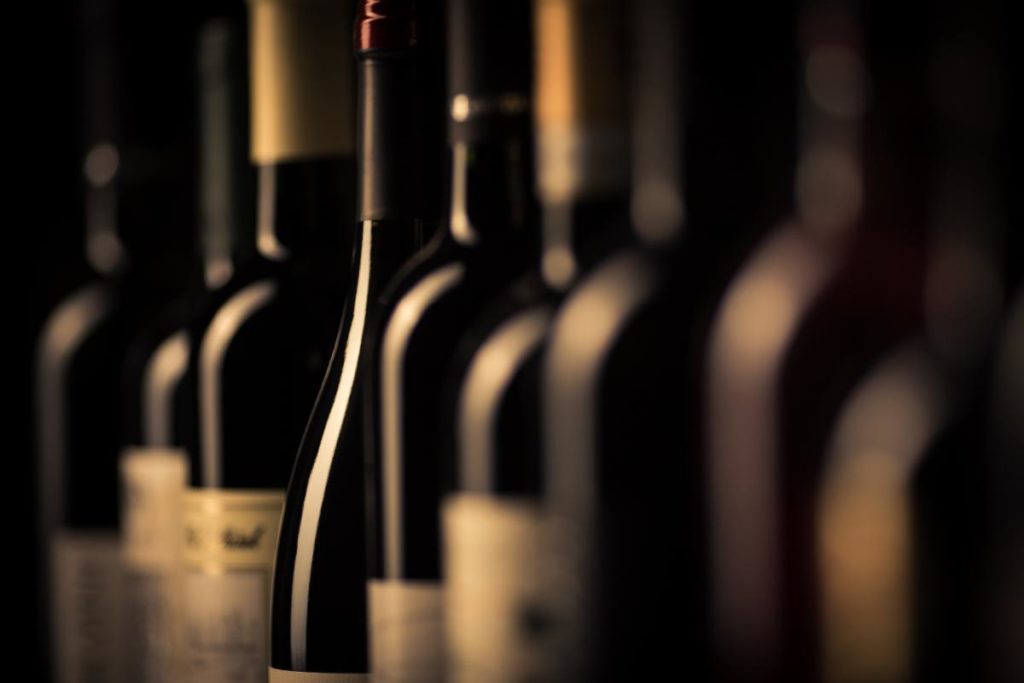With so many different types of alcohol available today, it can be challenging for new drinkers to know where to start. From liquors to liqueurs and cocktails to cognacs, with countless combinations, and variations, the world of social inebriation can be overwhelming in more ways than one. That is why many new drinkers look towards the lighter side of alcohol by volume (ABV) labels, opting for beverages with more enjoyable flavors and lower alcohol content.
The appeal of these types of drinks is easy to see. Wine coolers are an example of just such a beverage. Because wine coolers have a lower ABV, some doubt the potency of this product and believe that the risks of typical alcoholic drinks don’t apply. Raising a highly debated question, “Are wine coolers addictive?” If you want to learn more about the risks wine coolers carry and alcohol addiction treatment options at Texas Recovery Center at 214.295.6503
What’s the Appeal of Wine Coolers?
Wine coolers are an excellent example of the kind of beverage vulnerable to this critique. For those who don’t know, wine coolers are a mixture of wine, fruit juice, and sugar—mixed in a way that can almost entirely mask the taste of alcohol. This taste greatly appeals to those new to drinking who can’t stand the taste of a more potent drink. In many ways, wine coolers were one of the first types of beverages to offer this option. Not only were they easier to consume, but they were also comparably cheaper upon the first release. The legacy of wine coolers can be found on supermarket shelves still today.
Are Wine Coolers Addictive?
To answer the question of “Are wine coolers addictive,” the answer is yes. Wine coolers are addictive because they contain alcohol, and alcohol consumed in any form or fashion can potentially cause addiction or addiction-related behaviors. Some people might think wine coolers are not addictive, or at least not as addictive as other liquors, because of their reputation as a low alcoholic beverage. Wine coolers with four percent ABV can seem harmless compared to vodkas with 40% ABV, and the severity of this gap is enough for some to brush off wine coolers entirely when it comes to addiction concerns. In some ways, wine coolers can be more addictive than other stronger alcohols because of how its viewed, as their reputation, acts as a reason for those drinking to take less caution during consumption.
What Causes Addiction?
Many factors can lead to someone becoming an alcoholic or developing an alcohol dependency. It could be because of social influences, environmental factors, elements of biology, or as a coping mechanism for emotional stress and trauma. As a result, alcohol can be addictive regardless of the drink of choice. When concerns about alcoholism arise, it’s essential to recognize its most common symptoms:
- Inability to limit alcohol use
- Consistent cravings for alcohol
- Continuing to drink despite adverse effects
- Failure to fulfill significant obligations
- Social isolation
- Using alcohol during inappropriate times
There are many other signs and symptoms of alcoholism, most of which increase and worsen over time, leading to life-altering psychical and emotional consequences.
Get Help from Texas Recovery Center
A wine cooler can be addictive like any other alcoholic beverage you consume. Prolonged alcohol abuse can result in a slew of adverse physical and psychological side effects, which can be irreversible if not treated. That is why it is of the utmost importance to talk with a health care professional regarding addiction issues. At Texas Recovery Center, we understand how hard addiction can be for our patients and their loved ones. It is this struggle that inspires our team to go above and beyond for our patients so that we may provide the best care possible. For more information or to schedule an appointment today, call us at 214.295.6503.













